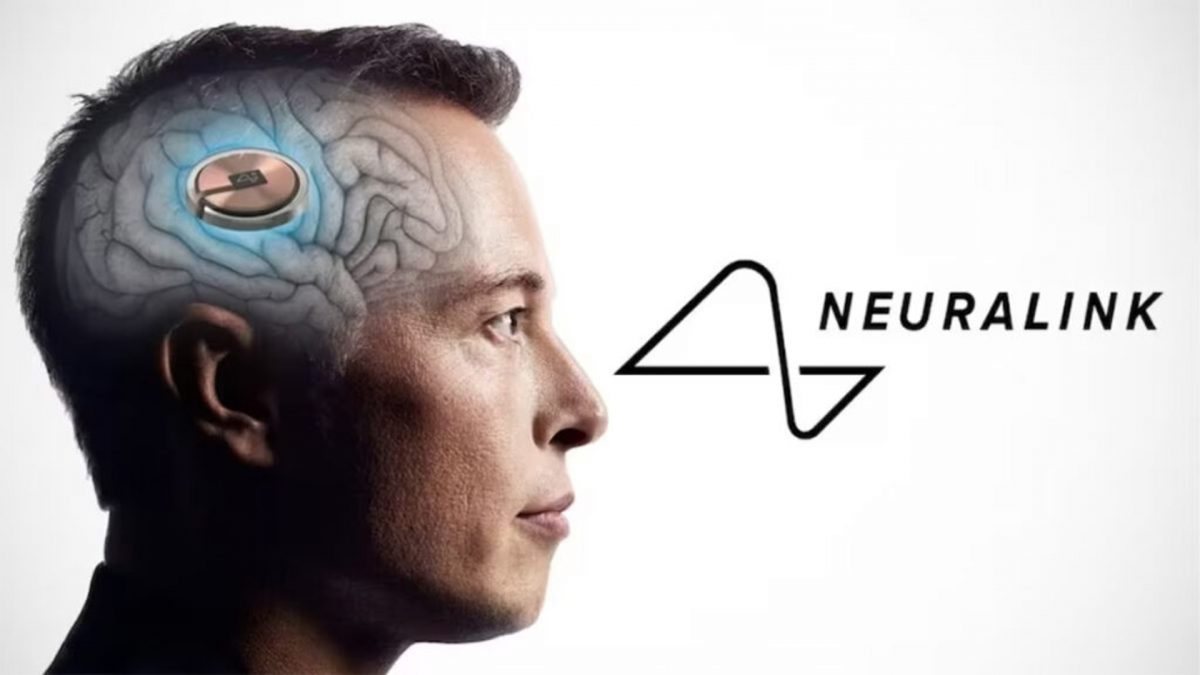Details about the second patient remain limited, but Musk indicated that this individual has a spinal cord injury similar to Noland Arbaugh’s, who was paralysed in a diving accident read more
)
Musk is overly optimistic about the success of the second implant and mentioned that Neuralink plans to perform the procedure on eight more patients within the year as part of its clinical trials. Image: Composite Photo
Neuralink, the neurotechnology company founded by Elon Musk, has successfully implanted its brain-computer interface device into a second patient, marking a significant step forward in its mission to assist individuals with paralysis.
This milestone was discussed by Musk during a detailed podcast released late Friday, where he shared the latest advancements in Neuralink’s technology.
The implant, intended to enable users to control digital devices with their thoughts, aims to assist those with spinal cord injuries. Musk mentioned that the first patient, Noland Arbaugh, has been able to perform various tasks such as playing video games, browsing the internet, posting on social media, and moving a cursor on his laptop using the device.
Details about the second patient remain limited, but Musk indicated that this individual has a spinal cord injury similar to Arbaugh’s, who was paralysed in a diving accident.
The second patient’s implant, which contains 400 electrodes, is reportedly functioning well. Neuralink’s device is equipped with a total of 1,024 electrodes designed to capture and transmit brain signals.
Musk was overly optimistic about the success of the second implant and mentioned that Neuralink plans to perform the procedure on eight more patients within the year as part of its clinical trials.
The goal is to enhance the ability of individuals with spinal cord injuries to interact with digital devices, potentially outperforming professional gamers due to faster reaction times.
In March, Neuralink revealed that the first human to receive the chip, a quadriplegic, had gained the ability to play video games using only his mind.
Musk elaborated on the long-term vision for Neuralink, aiming to improve AI-human symbiosis by increasing a person’s communication capacity. Without such enhancements, he explained, AI could become “bored” waiting for humans to communicate at slower speeds.
The initial focus of Neuralink is to address damaged neurons in the spinal cord, neck, or brain. Once the risks of brain implants are demonstrated to be low after extensive use by many people, Neuralink may consider augmenting individuals without neurological issues.
The company is already planning to augment people with neuron damage, giving them a communication data rate that surpasses typical human abilities.
Noland Arbaugh, the first recipient of the implant, shared his experience during the podcast. Before receiving the implant in January, Arbaugh used a stick in his mouth to interact with a tablet. Now, with the new device, he can control his computer screen simply by thinking, which has greatly increased his independence and reduced his reliance on caregivers.
Despite initial challenges with the implant, including issues with retracting wires that affected the electrodes’ performance, Neuralink has made adjustments to improve the device’s sensitivity, allowing Arbaugh to achieve better control. He has even set a new world record for cursor control speed, despite only 10 to 15 percent of the electrodes being fully operational.
In addition to discussing Neuralink’s technological advancements, Musk touched on his broader political and regulatory interests. He mentioned having spoken with Republican presidential candidate Donald Trump about forming a commission to enhance government efficiency by reducing business regulations, criticizing current US regulations for hindering innovation.

 1 month ago
52
1 month ago
52
)
)
)
)
)
)
)
)
)
)
)
)
)
)
)
)
)
)
)
)
)
)
)
)
 English (US) ·
English (US) ·